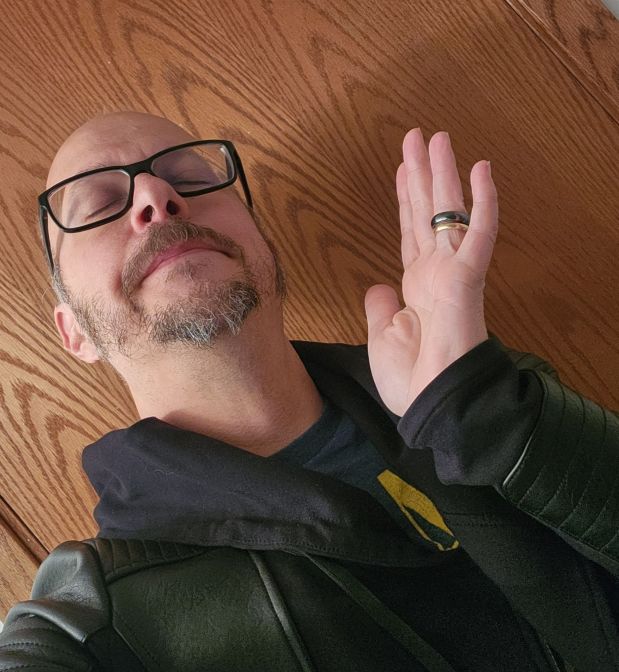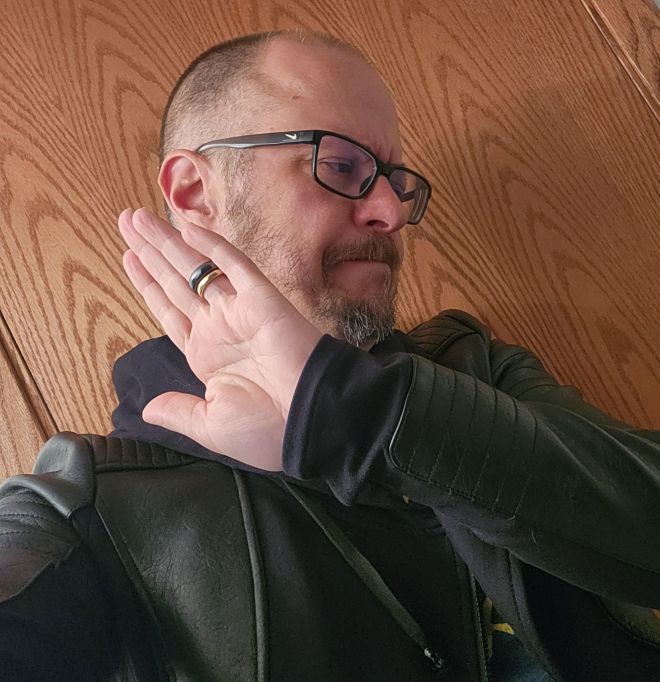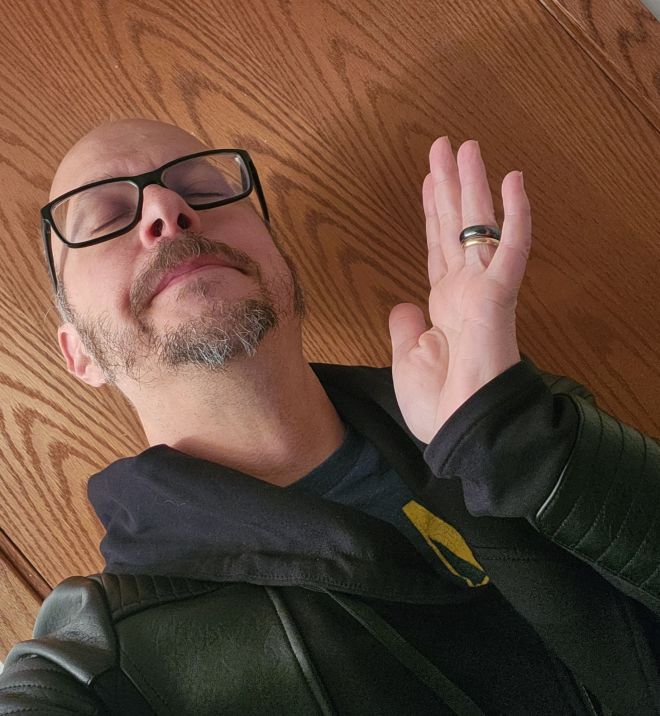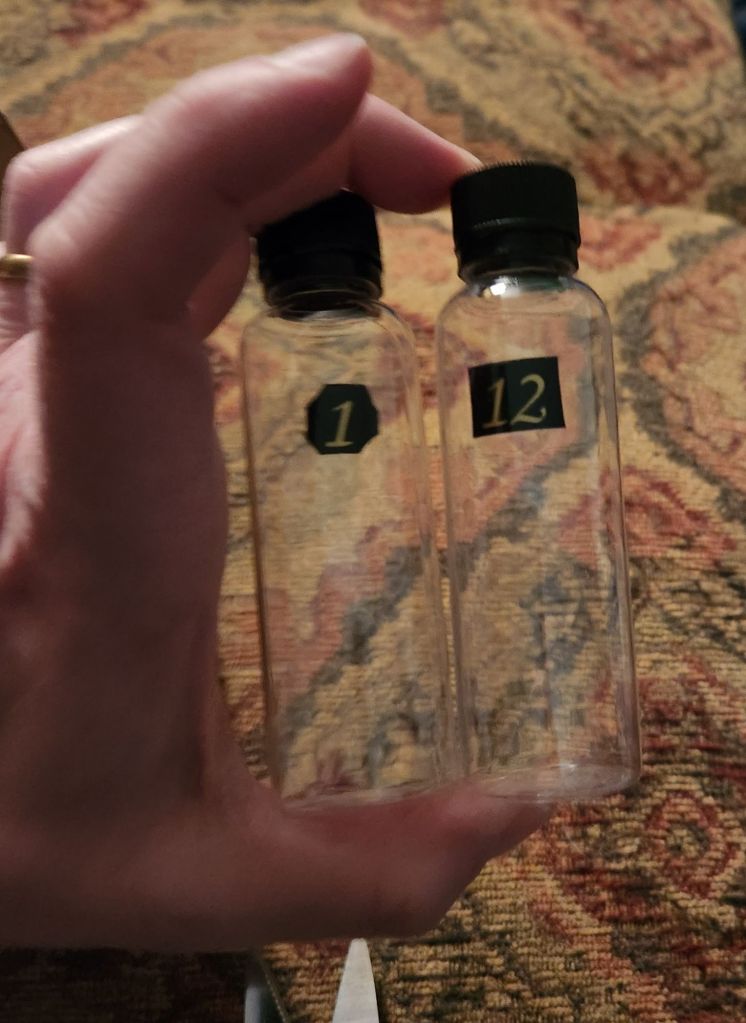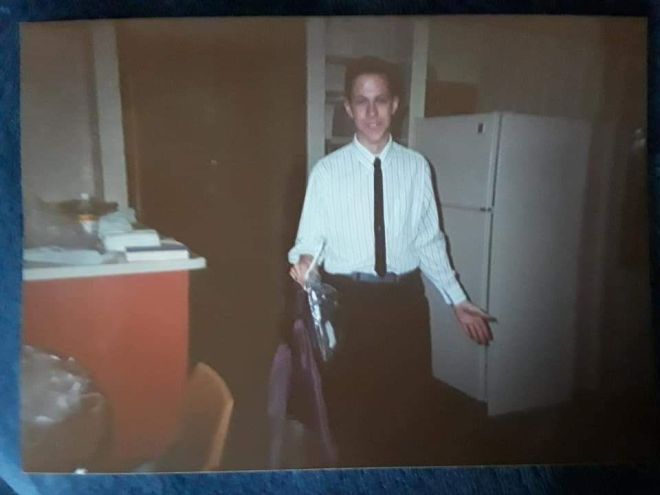This post is pinned to the top of the page.

The Book of the Lost Royals is a massive tome of two million words in a realm of nearly as many peoples. Hidden from time in a secret vault that knew no decay, it promises to recount an unknown history from an age of wonders. And now, a meticulous translation has begun.
Starting from the front and reading toward the center, the Book tells of Amethestra Straverian, lost princess of the Kingdom of Evereign. A baby abandoned in the wilds, she was found by the unlikeliest caretaker, the one person in all of Empyrelia who might protect her from those dark forces that sought to destroy the world. Under this mysterious witch’s careful, if unusual tutelage, the girl known as Tildy will discover the world beyond the protective borders of the Garden of Dappledown. The translation of the first part of her story is now complete, captured in the book entitled TILDY SILVERLEAF and the STARFALL OMEN.
Astute observers might find themselves compelled to flip the Book of the Lost Royals over, finding there the tale of Prince Adamantin Straverian, her brother. His story progresses also toward the middle, recounting how he was smuggled to safety under a dead child’s name, by an adoptive mother who would never love him as equally as the child he replaced. The boy renamed Samor has grown up behind the walls of the remote ice fortress Yrrengard, being tutored and trained to recover the crown he is unaware he has lost. The translation of his first story, SAMOR and the WARLOCK OF NEVERMORE is nearly complete.

